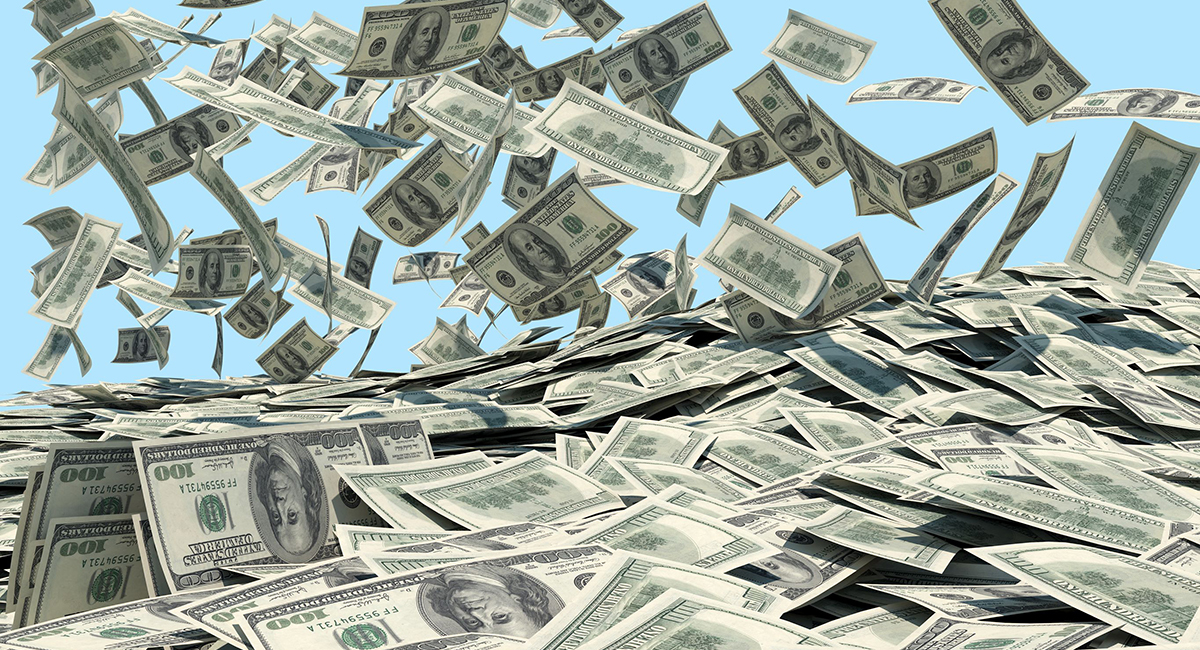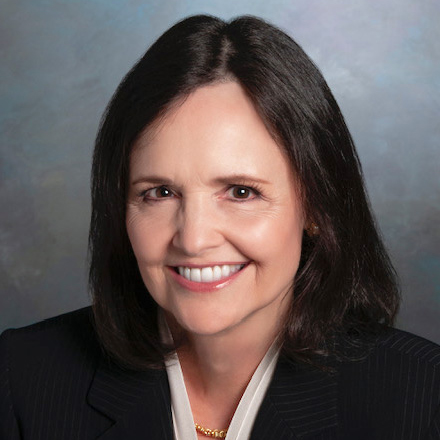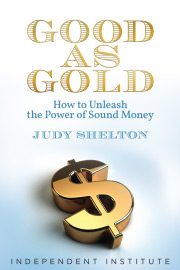As monetary officials gather this week for their annual retreat in Jackson Hole, WY, they’ll ponder how much higher they might have to raise the cost of capital to slay inflation. At the back of that discussion will loom a more important question: What role should the Federal Reserve have in running the U.S. economy?
Last year, Fed Chairman Jerome Powell warned that the central bank would “forcefully” battle inflation. Higher interest rates, slower growth and softer labor-market conditions would “bring some pain to households and businesses,” he noted sternly. “These are the unfortunate costs of reducing inflation.” Monetary-policy makers are likely relieved that raising the Fed’s key interest rate to its highest level in 22 years hasn’t taken its anticipated toll on growth and employment numbers—even as inflation indexes have mostly drifted downward. But instead of marveling at the prospect of a soft landing, Fed officials should be questioning an inflation-fighting model that deliberately slows growth and raises unemployment.
If the model works as intended, it means current economic growth and unemployment are worse than they would be if the Fed weren’t imposing restrictive rates. It also decrees further rate hikes if inflation ticks up.
Which raises a question worthy of reflection not only by Jackson Hole attendees, but all Americans who are concerned about amplifying the government’s role in determining economic outcomes: At whose expense is this restrained growth being achieved?
When the cost of capital rises, private enterprise takes a direct hit. Borrowers must choose whether to absorb the extra cost, pass it on to consumers, reduce operations and let hard-won workers go, or close up shop. High interest rates present a serious obstacle for small-business owners with dreams of expansion. With long-term mortgage rates above 7%, the housing market is freezing up. Would-be buyers face daunting costs to borrow, and potential sellers are seeing fewer offers.
The U.S. government, on the other hand, hardly seems fazed by higher interest rates; it continues to borrow with abandon. Remember when the rationale for huge budget deficits financed by massive government borrowing was that interest rates were so low? Since March 2022, the Fed has raised its key interest rate from near zero to its current range of 5.25% to 5.5%. All that did was spur higher deficit spending and a frenzy of Treasury debt.
The latest budget numbers show an increase in government outlays of 10% so far this year, even as revenues have fallen 10%. The Congressional Budget Office projects that government spending growth will outpace revenue growth for the next 30 years, even though both are already above historical averages as a percentage of gross domestic product.
Unlike businesses and households, the Treasury can pay whatever interest rate is necessary to get investors to finance government spending. The additional cost of servicing accumulated federal debt is merely tacked on to future calculations of budget deficits. Government excess drives inflation, but Mr. Powell remains mum about the monetary consequences of borrowing from the future to pay for current consumption.
It’s clear where this is going. When government is unconstrained by budgetary discipline and monetary-policy makers punish the private sector with high interest rates to rectify the errors of fiscal policy, democratic capitalism can’t last long.
Consider the Inflation Reduction Act, which President Biden signed in August 2022. It’s one of the biggest outlays of deficit-financed industrial stimulus since the New Deal. Mr. Biden sold it as a government “investment” that would reduce inflation over time by increasing economic output. In a healthy economy, this is precisely what private-sector businesses do, while also covering interest payments and earning profits. The White House preaches government intervention to reduce inflation even as the Fed’s restrictive rates suppress economic activities that actually reduce inflation.
“All those who wish to stop the drift toward increasing government control should concentrate their efforts on monetary policy,” observed Friedrich Hayek, who later won a Nobel Prize in economics, in “The Constitution of Liberty” (1960). Political and economic freedom are interconnected; expanding government control over the direction of the economy is cause for alarm.
That is why the Fed’s prominent role in channeling financial resources has become a campaign issue. Presidential candidates ought to have a view on the proper role of a central bank in a free-market economy—and be able to answer specific questions about potential reforms. Should U.S. monetary officials have a 2% inflation target? A Keynesian would be predisposed to say yes—a 2% target safeguards the Fed’s room to maneuver rates downward. But this is a recipe for systematically debasing the value of the dollar. One could argue that “stable prices” means zero inflation. Why should government be permitted to skim off the nation’s monetary store of value?
Money should be an honest measure—not merely an instrument of government economic policy. Its most important function is to provide reliable price signals so that Americans can plan how to pursue life, liberty and happiness. The U.S. dollar should be a dependable monetary standard—the most trusted currency in the world.









